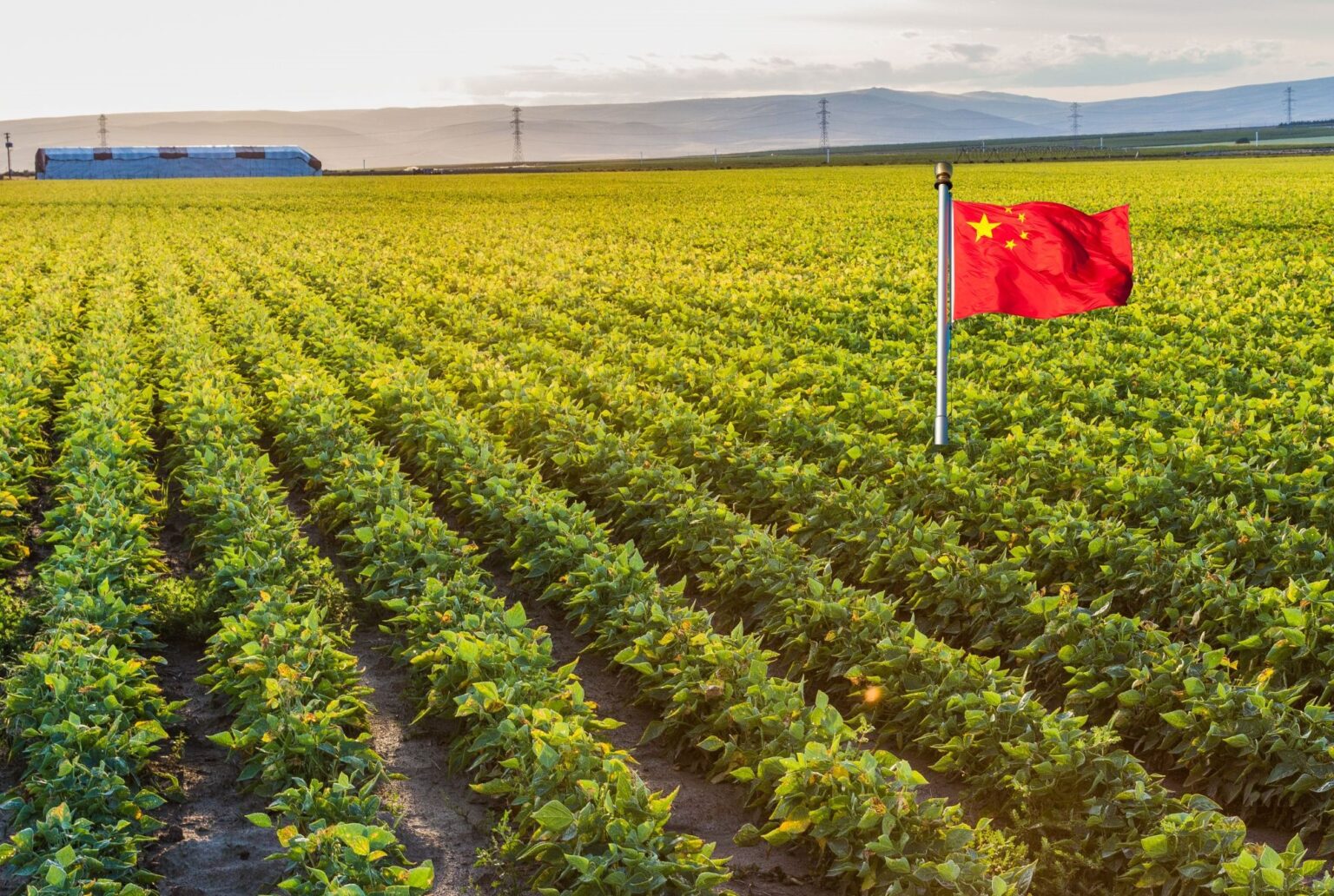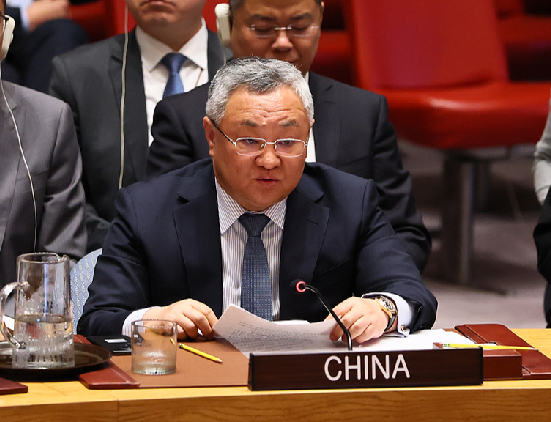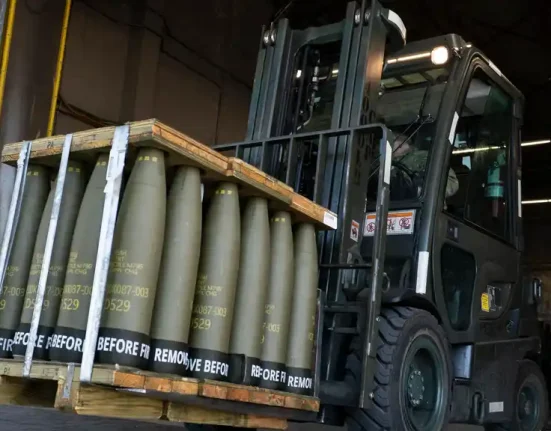A wave of concern is sweeping across the United States as lawmakers and citizens raise alarms over the increasing amount of American farmland reportedly owned by Chinese nationals. The sentiment, which has been gaining momentum in recent months, is now resonating across political lines, with many arguing that it’s time for the U.S. to reclaim control over strategic agricultural assets in the interest of national security and food sovereignty.
In several states, particularly in the Midwest and South, where agriculture is the backbone of local economies, reports have emerged showing significant tracts of farmland being purchased by foreign entities, with Chinese buyers increasingly in focus. While foreign ownership of U.S. land is not new, the scale and pace at which Chinese nationals have acquired agricultural properties have become a source of growing discomfort among American officials.
According to data from the U.S. Department of Agriculture, Chinese investors own hundreds of thousands of acres of farmland across various states, including areas in close proximity to sensitive military installations. This has prompted fears that such acquisitions may not only threaten food supply chains but also pose potential espionage or surveillance risks.
In response, several U.S. senators and state legislators have introduced or supported bills seeking to restrict or outright ban foreign nationals—especially from geopolitical rivals—from owning agricultural land. Some of these measures are already in effect in states like Texas and Florida, where local authorities argue that land ownership should remain in the hands of American citizens to safeguard national interests.
“This is our land and our food supply—we cannot allow foreign adversaries to gain control of what feeds our people,” one lawmaker remarked during a recent congressional hearing. “Enough is enough. It’s time to take back our land.”
Supporters of stricter ownership laws say the issue is not rooted in xenophobia but in the necessity of protecting critical infrastructure. They point to examples in other countries, such as Canada and Australia, which have taken more aggressive steps to regulate foreign ownership of farmland.
On the other hand, critics of the clampdown warn that such policies could have unintended economic consequences, especially in rural communities where land sales often provide financial relief to aging farmers or struggling families. Still, the broader national mood suggests that the U.S. may soon be heading for tighter controls on who can buy and hold land within its borders.
As the debate intensifies, the message from many American leaders is clear: national security and agricultural independence must come first. With bipartisan support building in Washington and across state capitols, a shift in U.S. land policy may be on the horizon—one that aims to put American soil firmly back in American hands.







